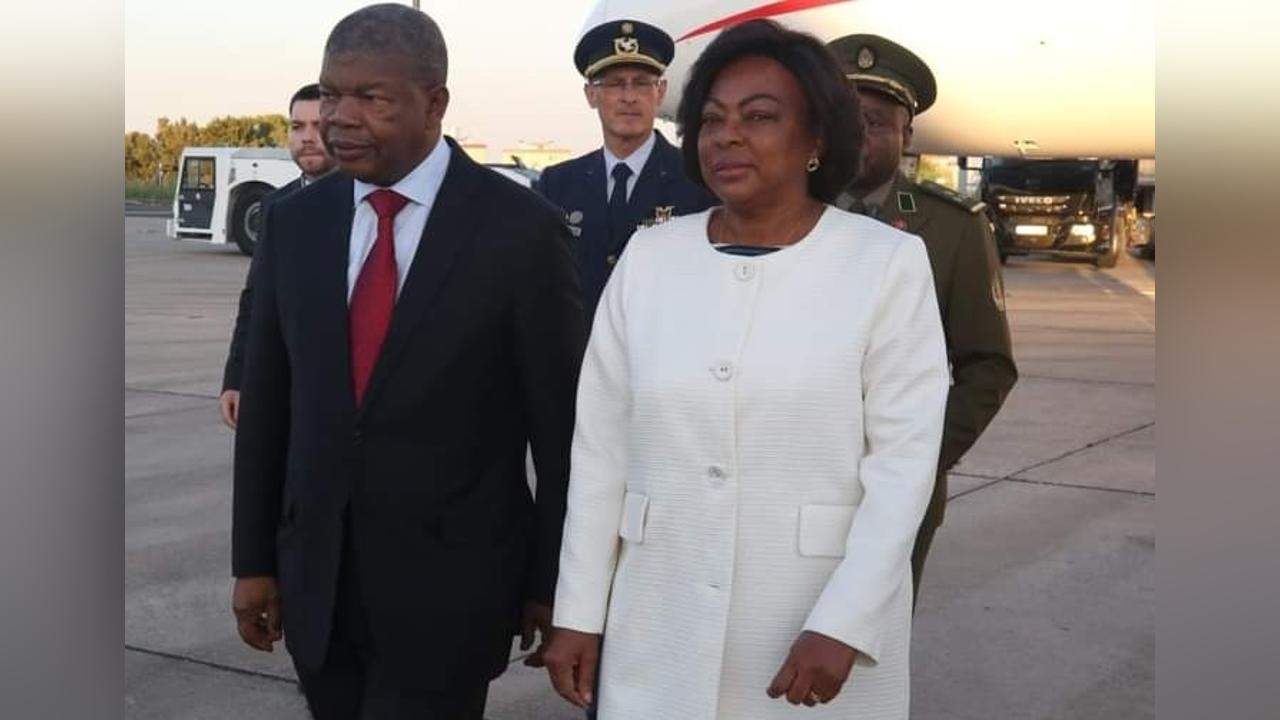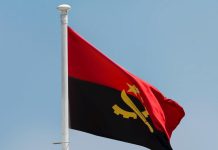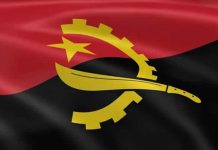By Adérito Ferreira
Africa-Press – Angola. Portugal celebrates, this Thursday, half a century of the Carnation Revolution, with the presence, in force, of the five Portuguese-speaking African Countries (PALOP), including Angola, bringing together six peoples with a common past.
At the invitation of the President of Portugal, a former colonizer, the heads of state of the five former Portuguese colonies in Africa, whose liberation struggles greatly contributed to the overthrow of the dictatorship of almost half a century, led by António Salazar.
This is the revamping of an act carried out, in the early hours of April 25, 1974, by the Armed Forces Movement (MFA), putting an end to “the authoritarian, autocratic and corporatist regime” of the so-called Estado Novo, giving rise to democratization and development of the country and the inevitable decolonization of the then “overseas provinces” of Portugal.
Fueled by a serious economic crisis, influenced by the 1st World War (1914-1918), the coup had as its motto “Democratize, Decolonize and Develop” which, as the 25 de Abril Association considers, returned Portugal to the forum of free and loving nations. of peace.
It was this logic that motivated a group of soldiers, called “Capitães de Abril”, to plan the deposition of the Salazar regime, in a context of almost widespread discontent.
As consequences of the Carnation Revolution, the return of exiles by the Salazar regime, the establishment of a transitional regime that began the drafting of the new Magna Carta, the approval of the new Portuguese Constitution and the beginning of Portugal’s entry process are highlighted. for the European Economic Community (EEC).
Domestically, the post-revolutionary period was characterized, according to the Bulletin of the Assembly of the Republic, by a climate of political tension and instability with six provisional governments, between May 1974 and July 1976.
The National Salvation Board (JSN) and the State Council (CE), created after the 25th of April, were replaced by the Revolution Council (CR), immediately beginning a policy of nationalization of the various economic sectors.
In addition to the problems “at home”, in the external domain the “Achilles heel” was the pressure that Portugal suffered from the winds that blew from the four corners of the world for the decolonization and independence of the colonies it had, including on the African coast, important for the Portuguese economy, and which were worth gold to the Salazar government.
The pressure culminated in the April Revolution came from the 1960s with the liberation movements in the colonies, especially in Angola, Mozambique and Guinea-Bissau, leading the Portuguese military to realize that the colonial war made no sense and had to end. and that the only escape was a revolution, in Portugal.
Motivations of the Revolution
For some observers, the motivations behind the creation of the Captains Movement, which carried out the Carnation Revolution, were related to career problems and the growing discontent in the Armed Forces in the face of the continuation of a war that had already been lost, in Guinea Bissau, and a impasse in Angola and Mozambique.
It is stated that the process of transition and decolonization was complex and difficult, having evolved under the effect of increasing pressure in favor of self-determination and independence, in the then Portuguese colonies (Angola, Cape Verde, Guinea-Bissau, Mozambique and São Tomé and Prince).
The sources of pressure proved suffocating for Portugal, including from other powers that had already abdicated colonialism, and, obviously, from the United Nations itself, whose Security Council had, in 1963, adopted a resolution, stating that the situation in territories under Portuguese administration it was “seriously disturbing peace and security in Africa”.
The text asked all States to refrain from offering the Portuguese government any assistance that would allow it to “continue the repression of the people of the territories under its administration”.
There are records according to which, on May 17, 1974, the then Secretary General of the UN, Kurt Waldheim, issued a declaration on the Portuguese overseas in which he expressed hope that Portugal would recognize the right to self-determination of the colonies and begin negotiations with the liberation movements.
Just three months after the end of the Estado Novo, on 27 July 1974, the Portuguese Government promulgated Law No. 7/74 (Decolonization Law), under which the country recognized the people’s right to self-determination, including acceptance of the independence of the so-called “overseas territories”, which were no longer constitutionally part of Portuguese territory.
In August 1974, the UN SG visited Portugal. At the end of the talks with the Government, a communiqué was issued in which Portugal not only confirmed what was enshrined in Law no. 7/74, but also specified the rights for each of the then African colonies under the terms of resolution 1541 of the General Assembly of UN.
In the statement, Portugal recognized the liberation movements as the true and legitimate interlocutors in the process of transfer of power within the framework of independence.
A month later, the Portuguese Government created the National Decolonization Commission and the Coordinating Office for Decolonization Affairs, giving clear institutional expression to the option for decolonization.
Independence in the States that make up, to this day, the PALOP began with Guinea-Bissau (10 September 1974), followed by Mozambique (25 June 1975), Cape Verde (5 July 1975), São Tomé and Príncipe (July 12, 1975) and Angola (November 11, 1975).
The story goes that the Carnation Revolution got its name because the carnation flower was a symbol of the struggle.
The Portuguese, upon learning that the military intended to fight to reestablish democracy and put an end to the colonial war, began to give red carnations to the soldiers. The flowers were placed on the tips of soldiers’ rifles.
ANGOP journalist
For More News And Analysis About Angola Follow Africa-Press






